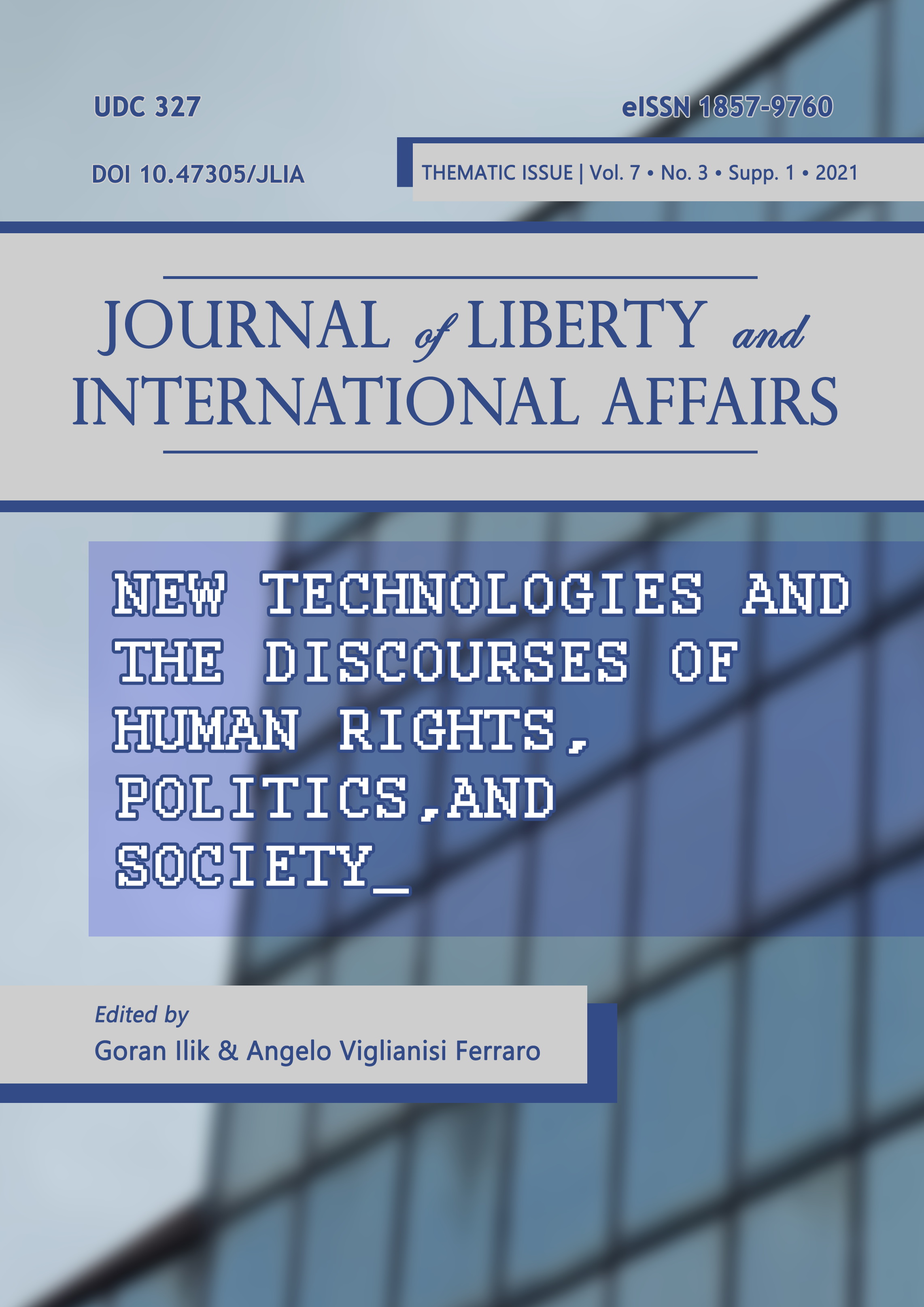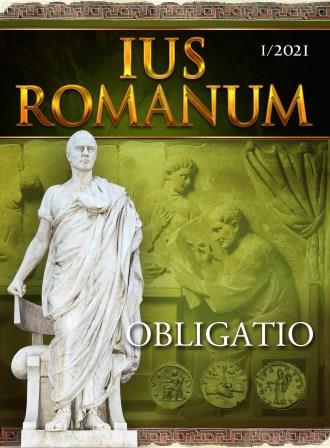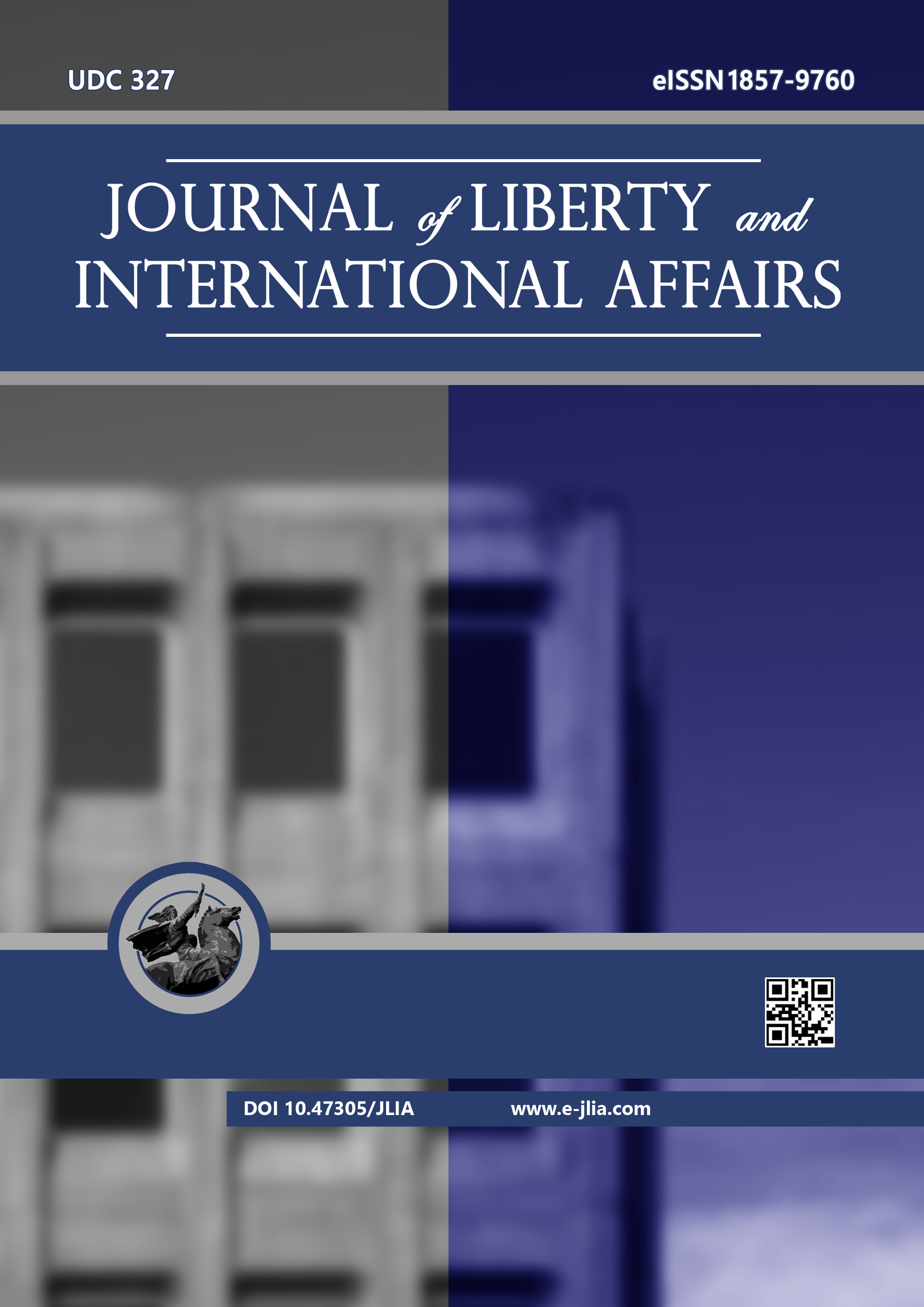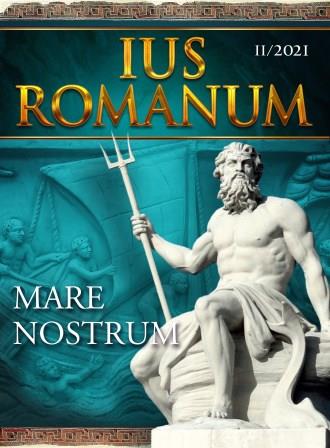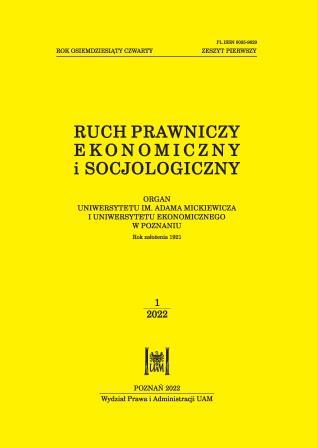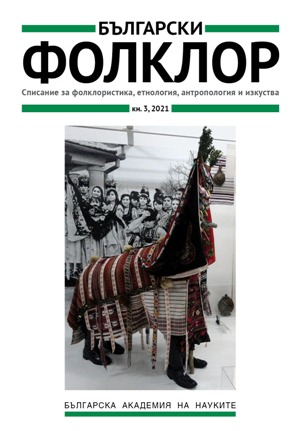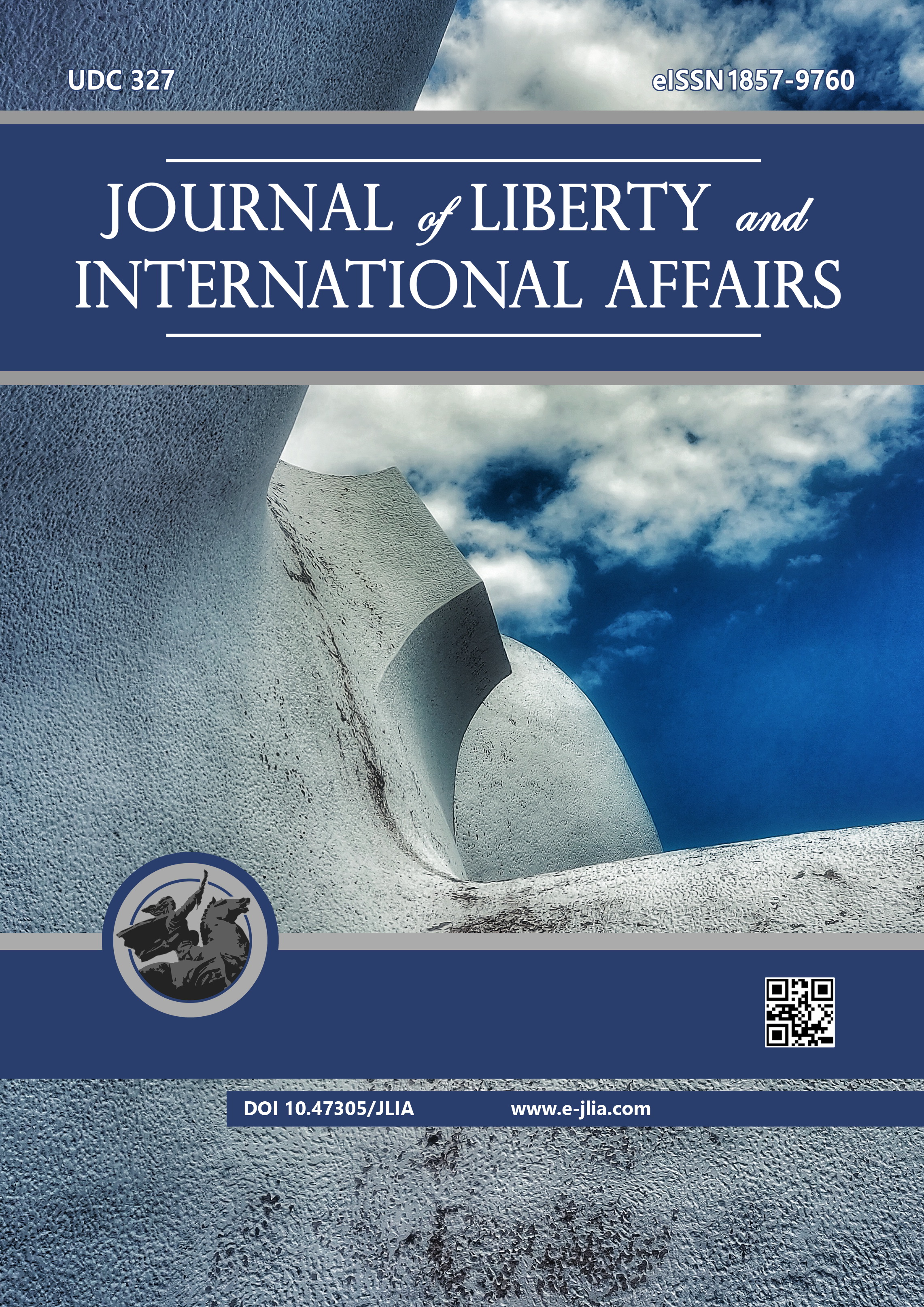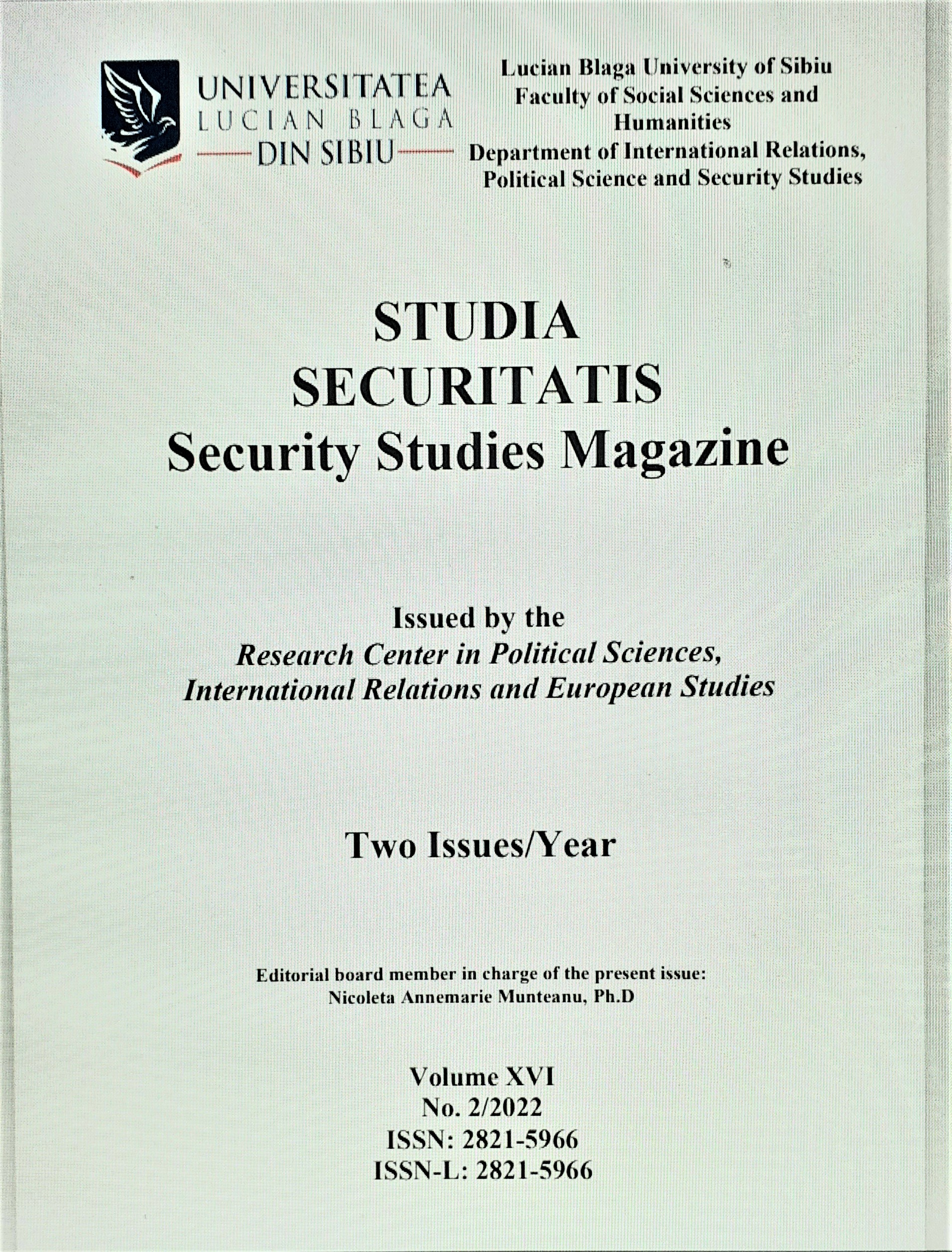
A PRUDENTIAL PERSONALIST ETHICAL APPRAISAL OF HUMAN CLONING
Numerous uncertainties are hanging over the biotechnology of human cloning which has prompted medical ethicists and religious organizations to ask questions that bordered on its ethical and religious considerations. In cloning humans, ethical and religious issues arise both in its clinical and laboratory settings hence, the morality of manipulating human genes is the foremost ethical issue among scientists and religious scholars. Therefore, this paper evaluated the human cloning technology using the personalism and prudential personalism ethical-religious models to arrive at a workable moral paradigm. To achieve this objective, the paper employed the phenomenological and critical-literary literature review methods. The paper argued that previous ethical and religious researches have not adequately employed the ‘ideal’ ethical models to appraise the morality of human cloning hence; using the personalism and prudential personalism ethical-religious models were appropriate to reveal that every human life has worth and its commodification is an aberration. The paper concluded that based on the paradigm of prudential personalist ethics, cloning humans (especially, human reproductive cloning) negates respect for human life, human dignity, and communal goods hence it should not be practiced.
More...
